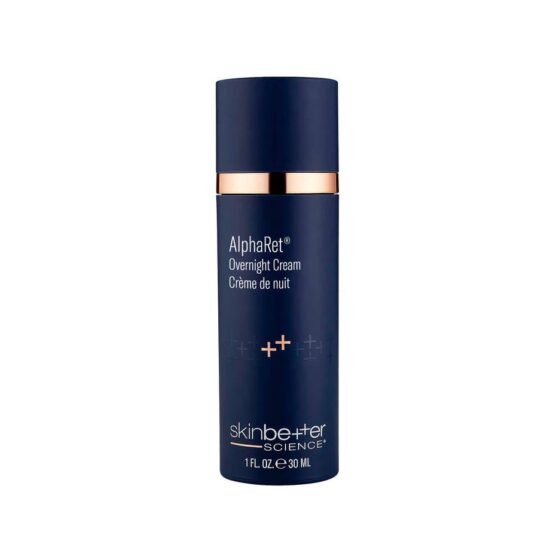5 Skin-Care Ingredients to Add to Your Routine This Fall
With the start of sweater weather, now is the time to reassess your skin-care routine for the colder months ahead. While your skin may benefit from richer, more hydrating formulas for fall and winter, there’s more to nailing seasonal skin care than slapping on a heavy cream. “Tweaking your skin care during fall and winter is much like changing your wardrobe,” says Dr. Amanda Lau, an aesthetic doctor and medical director at Skinfolio in Vancouver. “It’s a must, to make sure your skin is glowing and in tip-top shape.”
Lower temperatures reduce humidity levels, exposing our skin to dry, cold air, which can trigger irritation—even in people with oilier skin. Add dry indoor heating, and it’s a recipe for flaky skin. “In winter, the barrier can be weakened by the harsh elements. This leads to microscopic cracks in the skin. This in turn leads to water loss through the epidermis, the top layer of the skin, resulting in dryness,” explains Dr. Renita Ahluwalia, co-founder and lead dermatologist at Toronto‘s Canadian Dermatology Centre. Once those little cracks appear, they open the door for environmental irritants to enter the skin, which turns into itching and inflammation.
The good news is, adding hydrating and protecting ingredients to your skin-care routine is a sure-fire way to keep your complexion plump, supple, and irritation-free all season long. Ahluwalia and Lau both signal that if you’re noticing signs like red patches, dryness, or dullness, or if your skin is feeling tight, it’s time to reach for more targeted skin-care formulas.
To help you fend off the worst of the winter skin woes, we’re breaking down the top five skin-saving ingredients to scan labels for.
Vitamin C
“A properly formulated vitamin C is key all year around to prevent oxidative damage to the skin which can lead to a host of problems including barrier dysfunction,” Ahluwalia says. Along with its protective properties against UV damage and environmental stressors, the antioxidant has an impressively long list of skin benefits. Found in products like Dermalogica BioLumin-C Night Restore and Biossance Squalane + Vitamin C Rose Brightening Moisturizer, it is best known for brightening the skin but also promotes collagen production, tackles dark spots, and hydrates the skin. In addition to vitamin C, both experts mention the importance of using adequate sun protection every day to shield yourself from damaging UV rays that affect the skin year-round.
Dermalogica BioLumin-C Night Restore
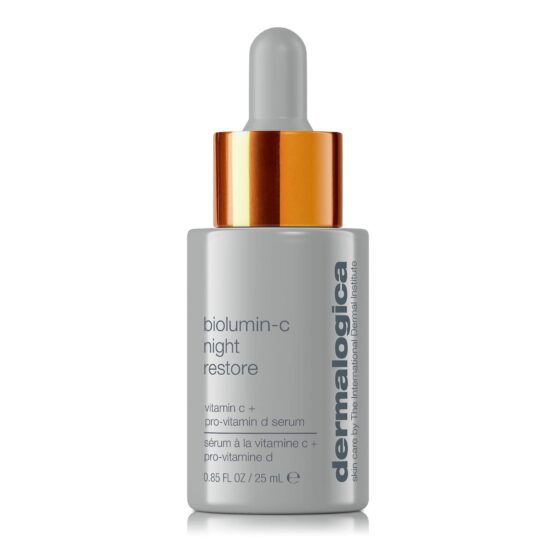
Biossance Squalane + Vitamin C Rose Brightening Moisturizer
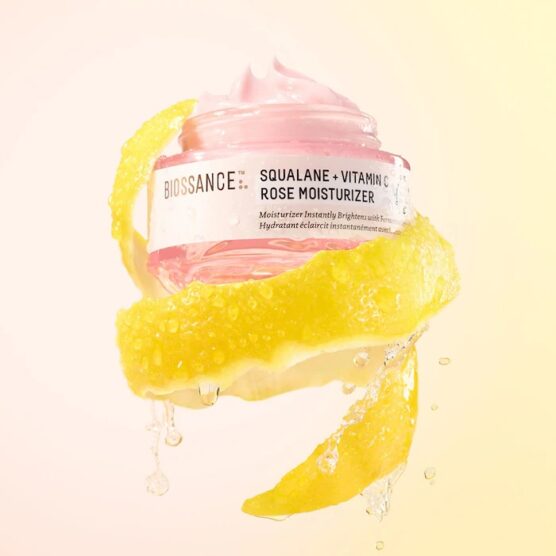
___
Hyaluronic Acid
Known for its ability to hold up to 1,000 times its weight in water, hyaluronic acid (or HA, as it’s commonly called) has long been touted as a moisture magnet for the skin. “It’s specifically designed to increase hydration levels, which makes it a must-have fall and winter ingredient,” Lau says. Often found in serums and moisturizers such as Boost Lab Hyaluronic-2D Hydration Serum and Dr. Dennis Gross DermInfusions Blur + Repair Cream, HA is typically formulated in different weights, with smaller molecules delivering moisture to the deeper layers of the skin while larger weights plump up the top layers. For optimal results, look for products that contain different amounts of the hydrator. An ingredient that plays nice with other actives, HA layers in easily with other skin-care products and can be used on all skin types to amp up moisture levels.
Dr. Dennis Gross DermInfusions Blur + Repair Cream
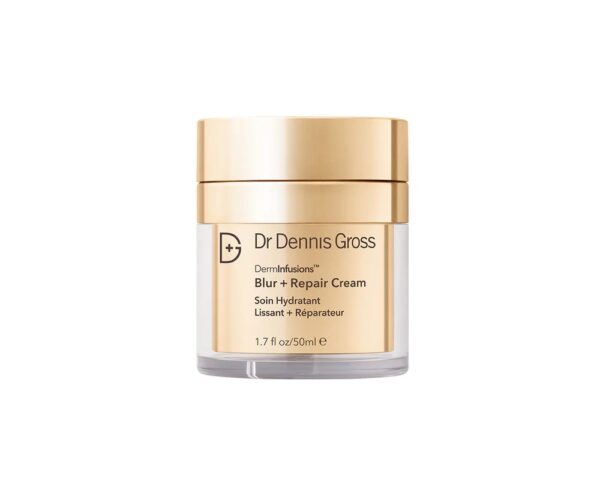
Boost Lab Hyaluronic-2D Hydro Boost Serum
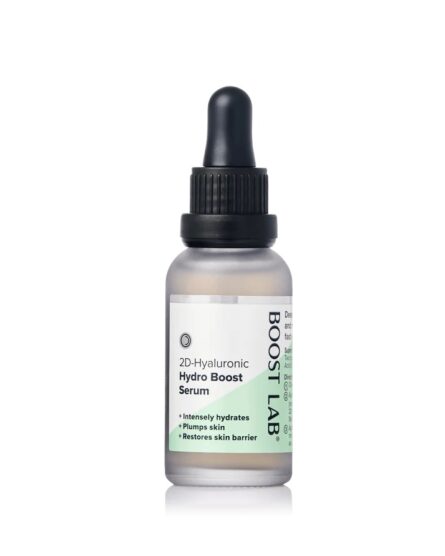
___
Ceramides
Ask any derm about the secret to hydrated skin, and they will mention ceramides. Found in the outer layer of your epidermis, ceramides are lipids that create a barrier to help your skin retain moisture and prevent water loss. Ceramides “are especially important in the colder months as it’s a critical ingredient to replenish the fatty acids that build a healthy skin barrier,” Lau explains. A cornerstone of hydrating skin care, ceramides are most often used in formulas for dry and ultradry skin such as CeraVe Intensive Moisturizing Lotion and Rhode Glazing Milk, but anyone can benefit from their nourishing benefits. If you exfoliate regularly, they’re an especially great addition to ensure your skin doesn’t become sensitized or irritated.
CeraVe Intensive Moisturizing Lotion
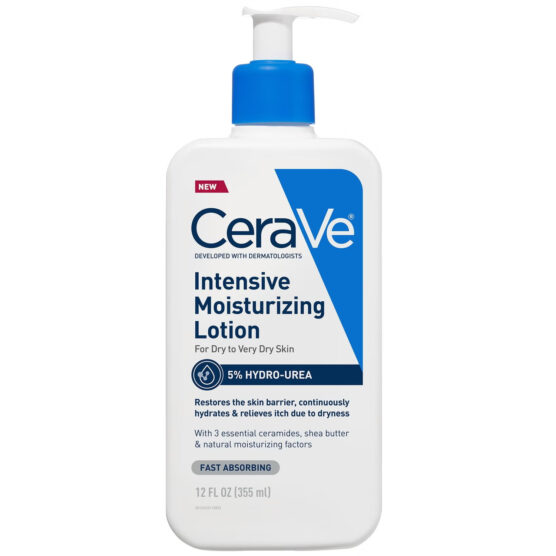
Rhode Glazing Milk
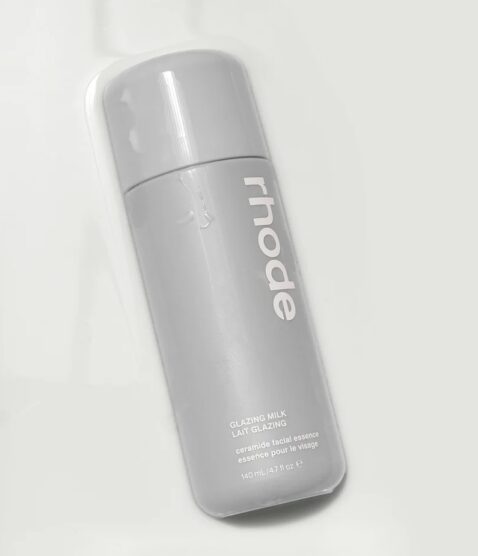
___
Oat
In addition to being good for the gut, oats also possess topical skin benefits. Soothing and nourishing, oat can help regulate the skin’s pH to maintain healthy barrier function and can also protect the skin, Ahluwalia explains. One of the most common types of oats used in skin care is colloidal oatmeal, which is renowned for its ability to relieve itchiness and to act as a humectant, meaning it draws moisture to the skin, and is a key ingredient in Aveeno Daily Moisturizing Cream and Skinfix Eczema+ Pre-Biotic Foaming Oil Cleanser. Rich in vitamins, lipids, and enzymes, colloidal oatmeal is typically recommended to help minimize skin conditions like eczema and xerosis, which are especially common during the winter months.
Skinfix Eczema+ Pre-Biotic Foaming Oil Cleanser
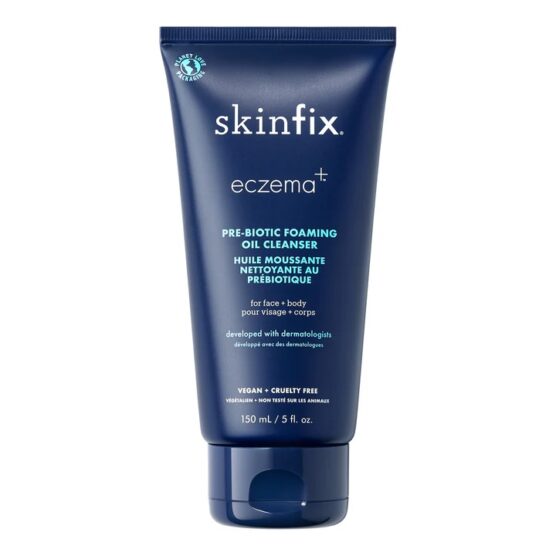
Aveeno Daily Moisturizing Cream
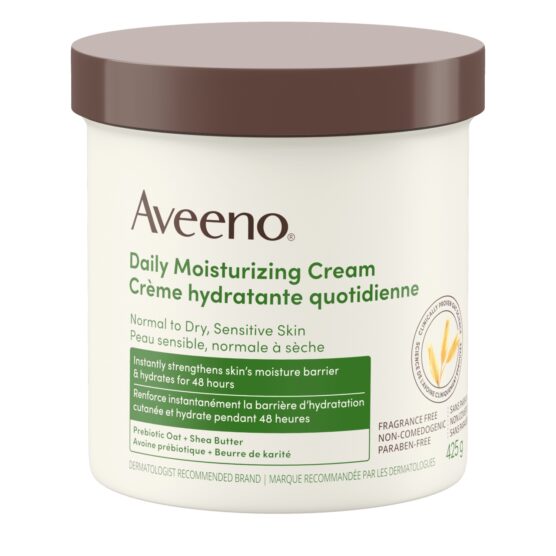
___
AHAs and PHAs
Treating your skin with nonirritating exfoliation is always a priority, but especially in the fall and winter, which can affect your complexion’s overall health. Since skin tends to be parched during these months, those dry dead skin cells sit on the surface of the face, causing dullness and flaky patches. Instead of reaching for a harsh scrub, which can cause microtears in the skin, Lau advises using a gentle chemical exfoliant to help eat away at those dead skin cells. “This step is especially important to prevent makeup from pilling,” she says. Look for a formula with a gentle, low-dose form of alpha hydroxy acid (AHA) like lactic or glycolic acid, both of which are ingredients in SkinBetter Science AlphaRet Overnight Cream, or try a polyhydroxy acid (PHA), which is used in Neostrata PHA Renewal Pads and will exfoliate the skin while providing a hydrating boost.
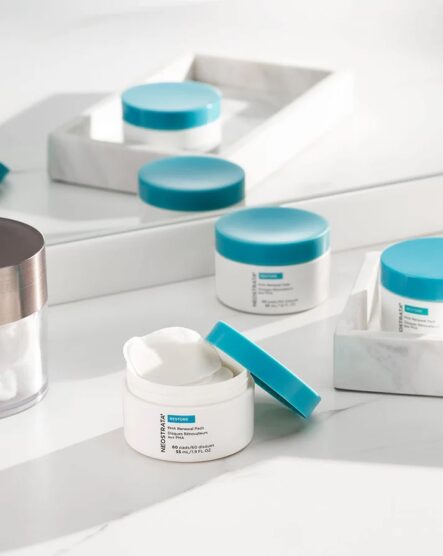
SkinBetter Science AlphaRet Overnight Cream
